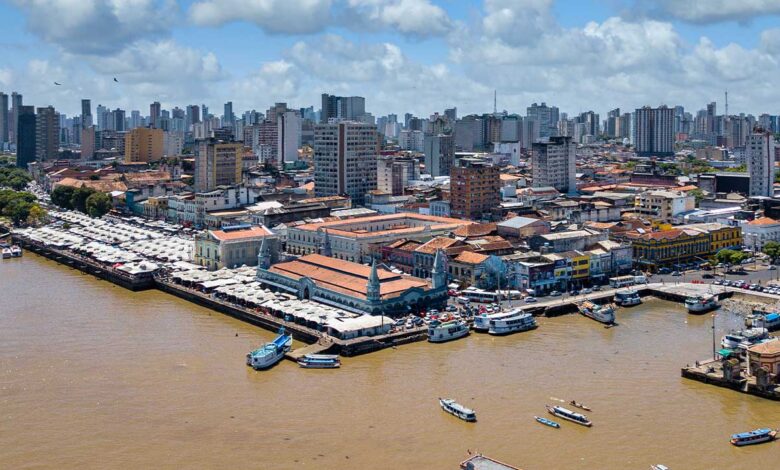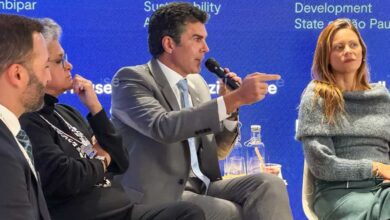
Belém at COP30: The Sustainable Legacy and the Benefits for Infrastructure and Tourism
The Conference of the Parties (COP), an annual event of extreme importance in the fight against climate change, brings together representatives from almost every country in the world to discuss and negotiate solutions to global environmental challenges. Although the main agenda of the COP is the debate on greenhouse gas emissions and the future of the climate, the cities that have the honor of hosting the event can also experience significant legacies in several areas, such as infrastructure and tourism.
What is COP?
COP stands for Conference of the Parties, which refers to the signatory countries of the United Nations Framework Convention on Climate Change (UNFCCC). The objective of this convention is to stabilize greenhouse gas concentrations in the atmosphere to avoid catastrophic climate impacts. During the COP, global representatives meet to discuss emission reduction targets, monitor the progress of implemented climate actions and strengthen each country’s environmental commitments.

The Global Importance of COP
The COP plays a crucial role in tackling climate change. The decisions made during these conferences not only affect the participating countries, but also directly influence global environmental policies. The COP also serves as a platform to mobilize civil society, businesses and other stakeholders to work together to find solutions to the climate problems affecting the planet. Sharing knowledge, building consensus and setting new goals are key to effectively combating climate change.
Impact of COP on Host Cities
While COP has a global focus, it also has a profound impact on the cities that host it. Preparing for the event requires significant improvements to urban infrastructure and can create a lasting legacy that benefits both local people and international visitors.
Infrastructure
Hosting a COP often requires the modernization and expansion of the host city’s infrastructure. Improvements to essential services such as public transportation, sanitation, telecommunications, and electricity are necessary to ensure the smooth running of the event. These improvements, in addition to serving COP participants, directly benefit local citizens, providing a better quality of life in the long term.
Furthermore, hosting an event of this magnitude encourages the construction of new facilities, such as convention centers, hotels and public spaces. These buildings can become valuable assets for the city after the event, contributing to local economic development and improving the service sector.
Tourism
Another important legacy that the COP leaves for the host city is international visibility. Being chosen to host an event of this scale puts the city on the radar of global tourists and investors. This can result in a significant increase in tourism flows, which boosts the sector and contributes to the growth of the local economy.
In addition, the COP can generate new tourist attractions and encourage the development of tourist routes aimed at international and domestic visitors. The city can benefit from the creation of new jobs and the improvement of its tourist infrastructure, such as restaurants, shops and transport services, which further strengthens the local economy.
Sustainable Legacy
Many COPs focus on sustainability, and host cities can adopt more advanced green practices after the event. Implementing public policies aimed at reducing carbon emissions, using renewable energy, and managing waste sustainably are some of the measures that cities can adopt after hosting the COP. This not only contributes to the fight against climate change, but also serves as an example for other cities around the world, showing how sustainable development can be achieved.
COP30 in Belém
COP30, which will take place in Belém in 2025, is an example of the positive impact that an event of this magnitude can generate. The city is already preparing for the event with projects to revitalize public spaces, improve transport infrastructure and create new leisure spaces. COP30 is expected to not only put Belém in the global spotlight, but also promote the sustainable development of the Amazon region, valuing its culture and biodiversity and attracting investment to the city.
The COP is not only a vital event for the fight against climate change, it can also have a significant impact on the cities that host it. From modernizing urban infrastructure to boosting the tourism sector, host cities can reap lasting and beneficial benefits. However, for this legacy to be truly positive, it is essential that local authorities plan and manage resources efficiently, ensuring that the benefits of the COP are fully realized. The event is not only an opportunity to discuss the future of the climate, but also to build a more prosperous and sustainable future for the cities that host it.







